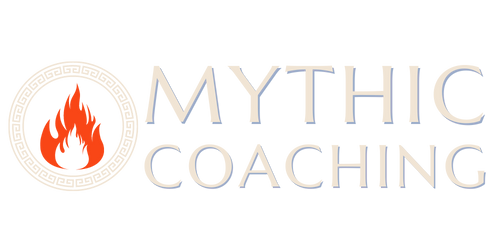When is a true story not the truth?
Sometimes a person’s life story is so fascinating that it eclipses historical truth, and the legend that is passed down comes to contain more fiction than fact. This is certainly true of William Moulton Marston. As global interest in Wonder Woman has surged in recent years, so has interest in Marston’s extraordinary life and family.
In 2014, Jill Lepore offered her version of their story in The Secret History of Wonder Woman, which explored the family’s relationships to famous women’s rights and birth control activist Margaret Sanger and the women’s suffrage movement. Despite her credentials as a Harvard historian, Lepore’s characterization of the Marston household veered into historical fiction and sometimes even caricature, imbalanced by the weight of her own prejudices, particularly in proximity to polyamory.
In 2017, the Marstons became the subject of the feature film, Professor Marston and the Wonder Women, a beautiful movie that depicted the family as a polyamorous triad defying social conventions in the name of love. Filmmaker Angela Robinson was always up front about the story being her fantasy of the Marstons’ lives, an artistic vision she did not want distorted by doing any actual research. Unfortunately, Warner Bros. marketed the romance as a true story, compromising everyone’s integrity in the process.
Despite its inaccuracy, the movie is stunning, and offers a audiences a much appreciated cinematic depiction of healthy polyamory. I believe that were they alive today the Marstons themselves would endorse its message of choosing love and authentic expression over puritanical conventions, though they might disapprove of having their own stories twisted in the delivery. Then again, they seemed to have a pretty wicked sense of humor, so they might just as easily laugh it off.
Both Robinson and Lepore fell into the same trap, confusing sex with love. Lepore’s anxiety bleeds through the pages of her book, especially when she rubs up against the idea of open marriage. Robinson’s enthusiasm for healthy non-monogamy also distorts the picture, but in a different way, by focusing on the sexual possibilities of a threesome. Neither writer bothers to entertain the possibility that the women in the story could have a deeply loving relationship that did not include sex with one another.
To be fair, I can hardly blame these writers for getting distracted by a good sex story. The same thing happened to me when I started researching Marston in the 1990s. The Marstons’ extraordinary family system is inherently interesting. When you consider the family dynamic and begin to speculate on their private lives in the context of the bondage imagery in Marston’s Wonder Woman comics, it’s easy to leap to some pretty kinky conclusions.
These assumptions may be reasonable, but assumptions they remain. Marston absolutely believed that love, specifically erotic love, could be experienced between any two human beings, regardless of gender. My mistake, and the mistake made by many other analysts, was to conflate love with sex.
In truth, next to nothing is known about what actually went on behind the closed doors of the Marstons’ bedroom. At a presentation I gave in San Francisco, a man in the audience asked me what their sex lives were like. How would I know? How could I know? They’ve all passed away. Of how many people’s sex lives do you know the intimate details? I mean, unless you live in San Francisco.
Now, all of that said… Professor Marston and the Wonder Woman, as a gorgeous work of fiction, is worth watching. Lepore’s book is useful if you stick to the bits about Sanger and suffrage. Both works have their place, but not as historical fact.
